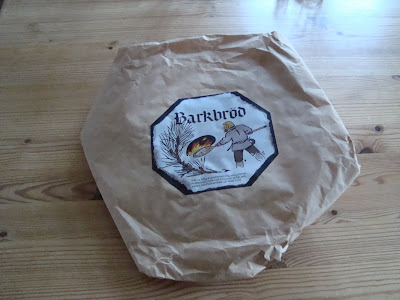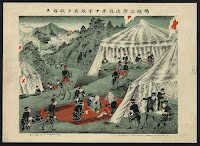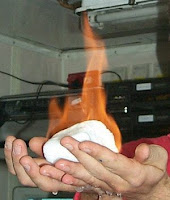Untamagiru: Okinawa Movie From 1989
Okinawa, the most southern prefecture in Japan, has been a major focus during 2010. It is close to Taiwan, to South Korea, to Communist China. Yet, there is a massive U.S. military based there, as if World War II/Cold War never really ended. It is far south in the sense of Hawaii being far west of the United States. Oceans connect. For Okinawa, there is the culture, the music, the food, the ancient history. Japan should celebrate that it has such an amazing stretch, it reaches from the north to the south like few other countries. Dear readers, do we really "understand" what is going on in Okinawa, and near the islands that are all the source of conflicts... Do we not have a better set of values to solve problems? I would like East Asia to create a model for how to solve local/regional/national problems. After all, these are people/countries that have had close contact with each other for some 2000 years or more. I think we can/should/must expect better. Okinawa should look to...









